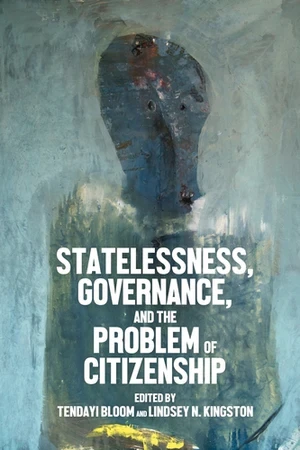
Statelessness, governance, and the problem of citizenship
$722.10 AUD
Approx $504.75 USD
Approx $504.75 USD
Description:
When a person is not recognised as a citizen anywhere, they are typically referred to as ‘stateless’. This can give rise to challenges both for individuals and for the institutions that try to govern them. Statelessness, governance, and the problem of citizenship breaks from tradition by relocating the ‘problem’ to be addressed from one of statelessness to one of citizenship. It problematises the governance of citizenship – and the use of citizenship as a governance tool – and traces the ‘problem of citizenship’ from global and regional governance mechanisms to national and even individual levels.With contributions from activists, affected persons, artists, lawyers, academics, and national and international policy experts, this volume rejects the idea that statelessness and stateless persons are a problem. It argues that the reality of statelessness helps to uncover a more fundamental challenge: the problem of citizenship.
When a person is not recognised as a citizen anywhere, they are typically referred to as ‘stateless’. This can give rise to challenges both for individuals and for the institutions that try to govern them. Statelessness, governance, and the problem of citizenship breaks from tradition by relocating the ‘problem’ to be addressed from one of statelessness to one of citizenship. It problematises the governance of citizenship – and the use of citizenship as a governance tool – and traces the ‘problem of citizenship’ from global and regional governance mechanisms to national and even individual levels.With contributions from activists, affected persons, artists, lawyers, academics, and national and international policy experts, this volume rejects the idea that statelessness and stateless persons are a problem. It argues that the reality of statelessness helps to uncover a more fundamental challenge: the problem of citizenship.
The product may be provided by a different brand of comparable quality.
The actual product may vary slightly from the image shown.
Shop amazing plants at The Node – a top destination for plant lovers


















.jpg)
















































ulva-Logo.jpg)
